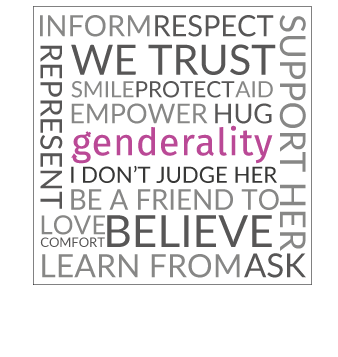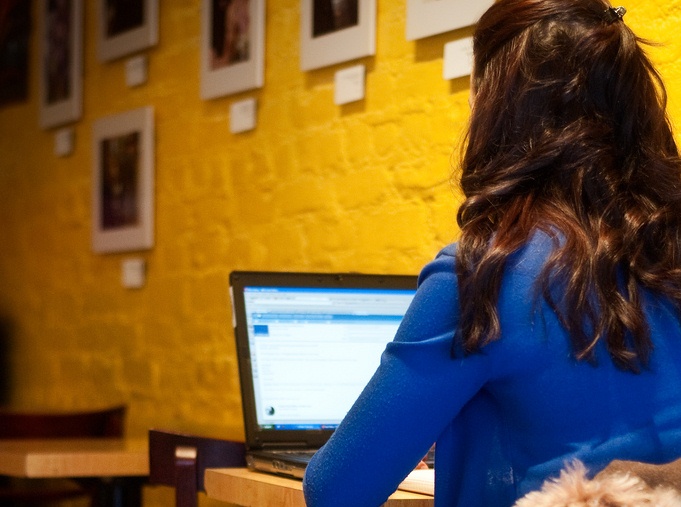How to be safe online?
- Never share your password, and make sure your password is unpredictable. Do not use your footy club, your pet’s name or your birthdate! Choose a password that uses letters, numbers, lowercase, uppercase, and characters. Never use the same password for different accounts.
- Limit the information you share online. If you wouldn’t put it on the front page of the daily paper, don’t put it on Facebook or another social networking site. Don’t give your full name, address, or phone number to anyone online that you don’t trust or know. This is especially important in chat rooms, when negotiating jobs or deals, or making plans through meet-up sites.
- Be mindful when installing programs or agreeing to terms.When you sign up for newsletters, install programs, or agree to anything, read the fine print. If you do not want to receive junk mail or get put on a telemarketer list, look for a small box near the bottom of the page that asks if you want to receive information and offers from other companies. The best sites will have a statement listed that they will not sell your name to other companies (though they may still send you e-mails themselves).
- Make sure your computer’s security settings are updated regularly, and exercise caution when downloading from the Internet. Use an anti-virus program, an anti-spyware program, and a firewall.Surfing the internet without these things is unsafe and invites spam, hackers, and viruses onto your computer. Having these safeguards on your computers protects you from things you might not even realize are threats. Make sure to keep them updated to catch the latest threats.
- Constantly check your privacy settings on social networking sites.
How to react if you are a victim:
- Seek advice, seek assistance, and don’t suffer in silence
- Contact police, your lawyer, or a victims’ rights group
- Document the abuse. Get help if you need it to take screenshots and/or print out proof, before it is taken offline.
- Don’t give the bully the gratification of knowing you’re upset. Don’t respond or retaliate.
- Send a message to your friends and family letting them know you are a victim, and they should not believe everything they read or see
- Cancel or change your email and social networking accounts
- Have a professional check your computer to make sure there isn’t a virus installed on it by a stalker










